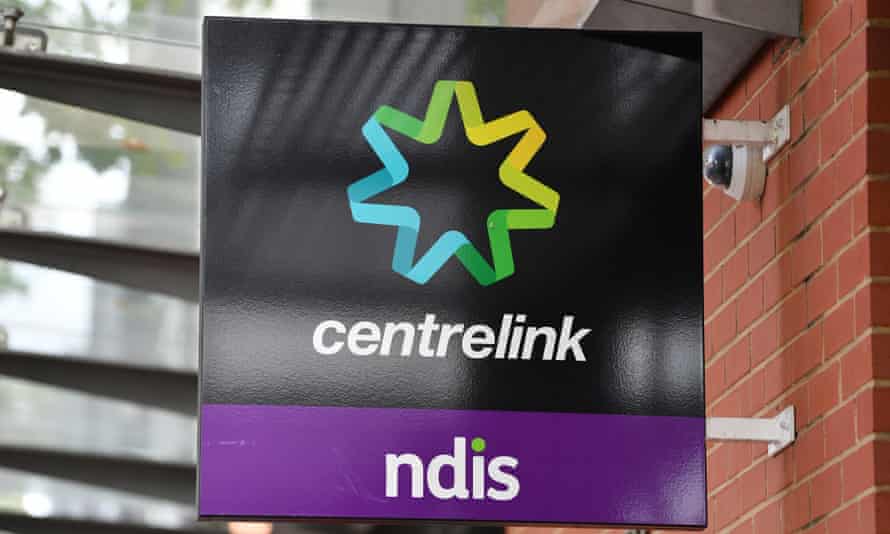Extract from The Guardian
Anthony Albanese says trial scheme, run by financial services firm Indue, introduces ‘profit motive’ above public interest

Last modified on Sun 23 May 2021 10.46 AEST
Anthony Albanese has said Labor would scrap the “privatised” Indue-operated cashless debit card if it wins the next federal election, though smaller welfare income management programs requested by a local community could continue.
The scheme – which quarantines up to 80% of a person’s welfare payments on to a card with which one cannot withdraw cash or buy alcohol – was extended for two years in December, after the government failed to win support to make it permanent in four sites.
Labor opposed moves to extend the trials at the time, saying there was no hard evidence the card reduced social harm, as was claimed, while some of the party’s most vocal critics, such as the Northern Territory senator Malarndirri McCarthy, have labelled it “racist” and “unjust”.
Albanese told Sydney radio station 2SM this week the card represented a type of “privatisation” of the welfare system.
He also argued the government’s “own studies and reports showed that it doesn’t work”.
Host Marcus Paul asked: “So just to be clear, if elected, Labor would scrap the Indue card?”
The opposition leader replied: “Absolutely.”
The government last year proposed making the card trial sites in Western Australia, South Australia and Queensland permanent, and moving the Northern Territory from the government-run basics card, to the cashless debit card, which is operated by the financial services company Indue.
“We think there’s a role if communities are requesting a government-run system in terms of cashless welfare,” Albanese said. “So I don’t want to say that it never has a role because it did have a role.
“But the idea of a privatised organisation running the welfare system like this and doing it in a way in which they have an interest in its expansion, that’s the thing.
“They introduced the profit motive above what is the public interest. It’s the public interest that’s got to count here. And under Labor, that is precisely what we would do.”
The current contract with Indue expires at the end of 2022, and the government has previously floated the prospect of opening the scheme up to multiple card providers, such as the big banks.
The government has spent nearly $80m since 2015-16 on the card, but the cost of extending it for another two years was listed in the budget as “commercial-in-confidence”. It is unclear exactly how much has gone to Indue.
Albanese’s comments suggest programs such as the long-standing Noel Pearson-championed income management program in Cape York could continue, but the larger trials first introduced by the Coalition in 2016 would end.
“The truth is that for some communities, unlimited cashless card assists some communities, particularly women, in remote communities who requested it, effectively, and wanted this to happen for their communities so that they were making sure that they were buying essentials for themselves and their kids,” the opposition leader said.
Indue, which has won millions of dollars in government contracts to run the card, operates the scheme in Ceduna, South Australia, the East Kimberley and Goldfields regions of Western Australia, and Bundaberg and Hervey Bay in Queensland.
Approached for further comment, the shadow social services minister, Linda Burney, said: “Labor does not support compulsory broad-based income management because there simply isn’t evidence that it works. This has been our position for some time.”
Burney said the opposition would “work on a community-by-community basis on more meaningful and comprehensive responses to local social and employment issues”.
“If a person or community genuinely wants to volunteer for income management, or if it is a targeted response to child protection or domestic violence, then income management can have a place,” she said. “But this should be decided on a case-by-case basis, not simply imposed on people because of who they are or where they live.”
The government says the card is aimed at reducing social harm and encouraging financial literacy, but welfare groups, the Greens and many cardholders themselves have called on the government to immediately axe the scheme.
Critics, including cardholders themselves as well as the myriad research, have said it causes shame and stigma, is plagued by technical issues and makes life more difficult by limiting a person’s access to the cash economy.
“For a card that’s meant to help people, it’s done nothing but make life harder,” Ceduna cashless debit card holder Craig Chalone told the Guardian in January.
This year’s budget included $30m for employment programs for the more than 10,000 people on the cashless debit card.
No comments:
Post a Comment